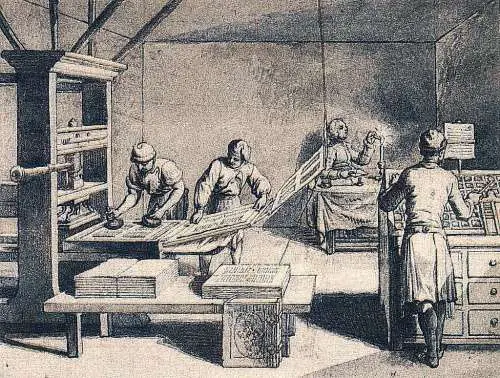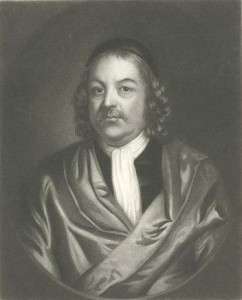New England’s first newspaper came about in 1690, a period of political turmoil in Massachusetts. News of the overthrow of James II of England in the Glorious Revolution had reached Boston. The king’s governor, Sir Edmund Andros, had been overthrown in 1689 and Gov. Simon Bradstreet was returned, temporarily, to power.
Perhaps Benjamin Harris expected that the change meant a more open approach to government. Perhaps he thought no one would bother to stop him. Whatever the case, he launched a newspaper on September 25, 1690, Publick Occurrences Both Forreign and Domestick, without government approval.
New England’s First Newspaper
Harris had to pay a fine in England for sedition when he published an anti-Catholic pamphlet opposing James II’s coronation. With James gone, he determined to pick up where he left off, only this time in the colonies.
His newspaper reported on the capture of two children from Chelmsford by American Indians. It also included the suicide of a newly widowed man in Watertown, a report of a fire in Boston and an update on ongoing smallpox outbreaks.

18th-century printing press.
When it strayed into national affairs, however, the newspaper got into trouble.
For starters, the newspaper published some gossip about the French royal family. Perhaps Harris assumed that Louis XIV was fair game since his cousin, James II had gone.
“(The King of ) France is in much trouble (and fear) not only with us but also with his Son, who has revolted against him lately, and has great reason, if reports be true, that the Father used to lie with the Son’s Wife,” the newspaper reported. “He has got all the Huguenots, and all the dissatisfied Papists, with the great force of the Duke of Lorraine, and are now against him, resolving to depose him of his life and Kingdom.”
Harrison also took the opportunity to criticize Fitz-John Winthrop, an Andros ally dispatched to fight the French in Acadia. Winthrop’s company had captured some prisoners, “whom they used in a manner too barbarous for any English to approve.”
Again, with Andros out, Harrison may have thought criticizing the treatment of prisoners was fair game. He was wrong.
Governor Bradstreet and the executive council immediately issued an order banning the newspaper from publishing:
“The Governour and Council having had the perusal of the said Pamphlet, and finding that therein is contained Reflections of a very high nature and also sundry doubtful and uncertain Reports, do hereby manifest and declare their high Resentment and Disallowance of said Pamphlet, and Order that the same be suppressed and called in; strictly forbidding any person or persons for the future to Set forth anything in Print without License first obtained from those that are or shall be appointed by the government to grant the same.”
It would take a few more decades for an active press to survive.
This story updated in 2022.


3 comments
There was no social media back then.
[…] story was a rich mix of romance, pathos and history that was too good to pass up. Newspapers around the world reported it with headlines such as Woman’s Touching Love, Beacon of Love Shone […]
[…] of the Willey family tragedy spread through newspapers and Theodore Dwight’s guidebook, The Northern Traveler. The intact Willey family house began to […]
Comments are closed.